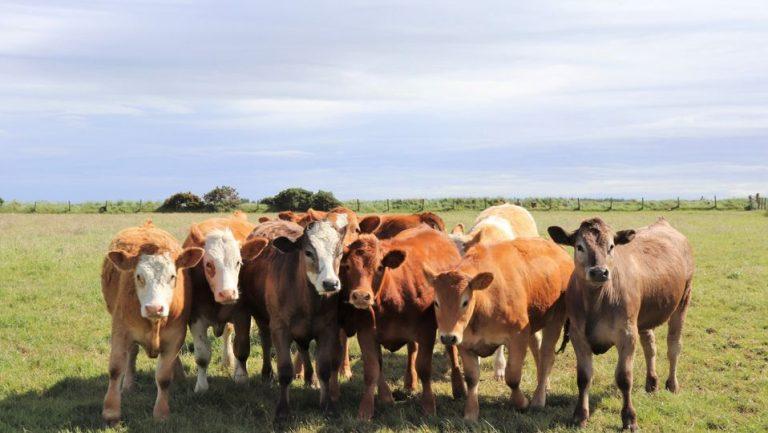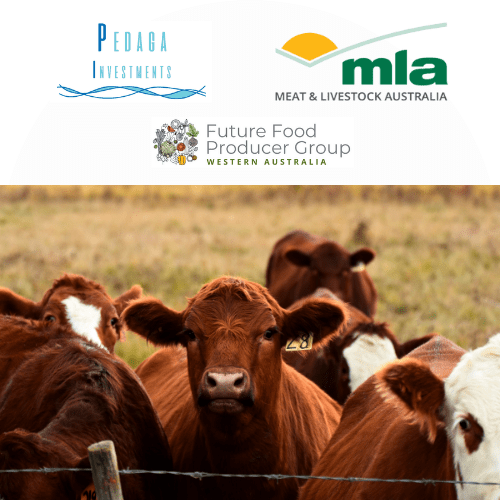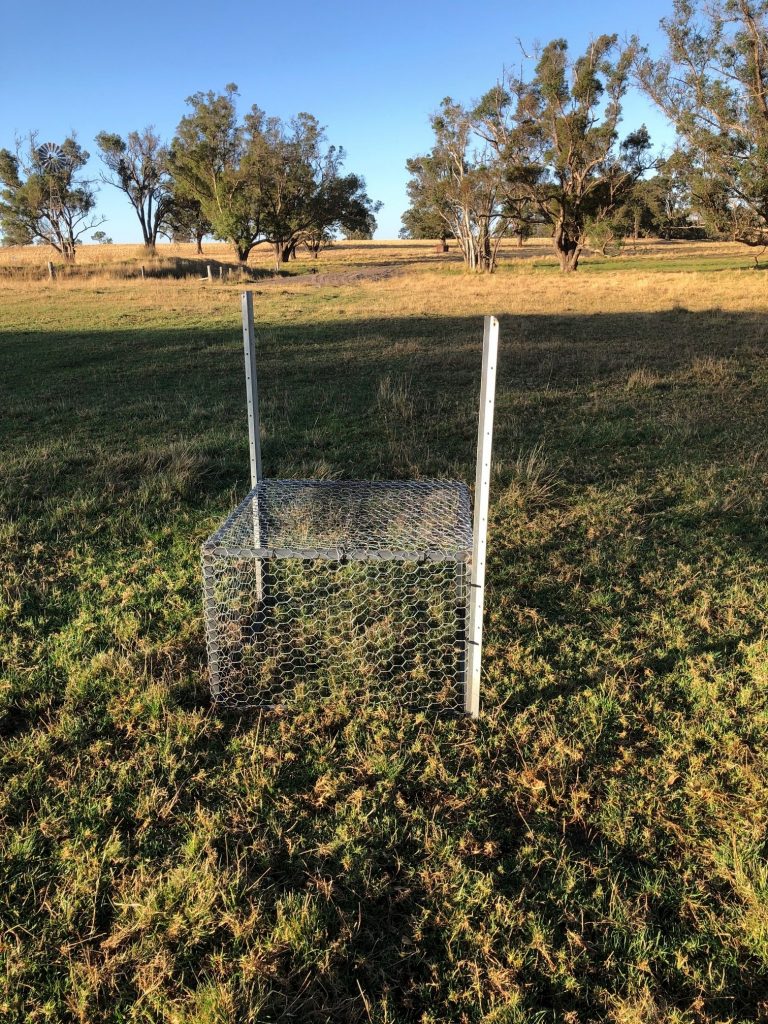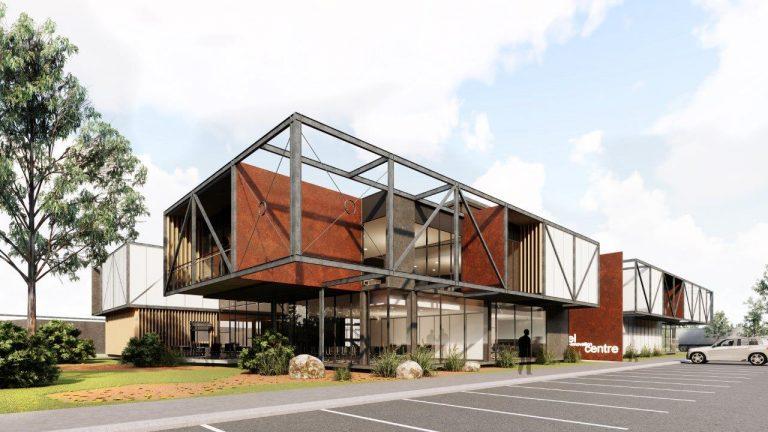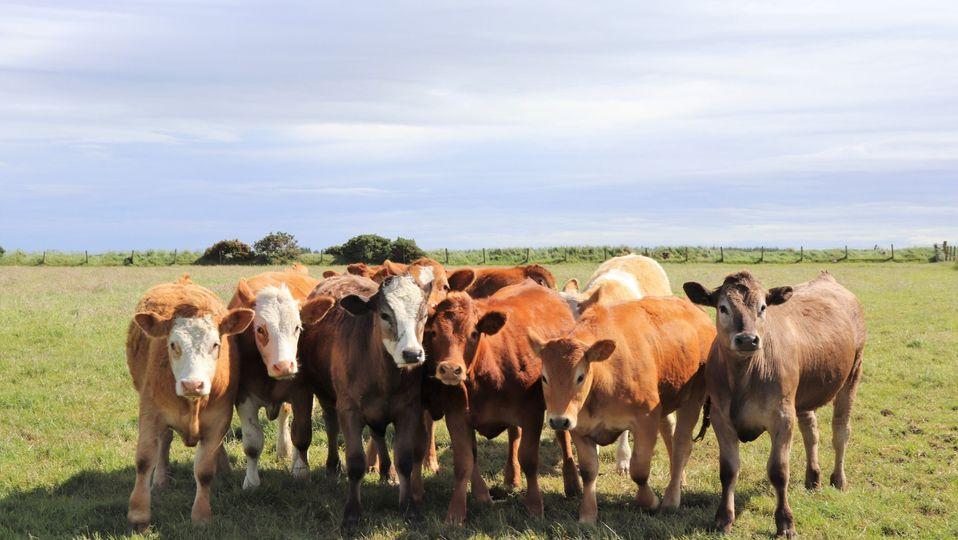This project aims to assess the ability of biomineral fertiliser to increase soil carbon sequestration, while at least maintaining productivity and profitability in relation to best practice conventional fertiliser use. It will be explored through an integrated R&D PDS model and is relevant to all livestock and other producers currently implementing a fertiliser regime.
It is proposed that biomineral fertilisers will reduce carbon emissions through two pathways:
· By increasing the formation of permanent humus compounds and through an increase in the soil organic matter stability. Consequently, the contribution of the organic matter fractions that are more resistant to decomposition are crucial for increasing soil carbon sequestration. This is achieved by:
o microbes in biomineral fertiliser colonise roots and drain more carbon to the rhizosphere soil to increase soil carbon pool
o biomineral fertiliser increases root biomass which are the sources of carbon locked up in the soil over time.
· Biomineral fertilisers will improve soil biological fertility, plant nutrition and reduce carbon emissions by increasing nutrient density of pastures and subsequently increasing weight gain efficiency of livestock. Possible anti-methanogenic impacts will also be assessed.
The carbon footprint of a biomineral and conventional fertiliser regime will be calculated to determine the ability of biomineral fertilisers to be a tool for reducing net GHG emissions from an improved pasture system.
This project is led by Pedaga Investments and Future Food Network and co-funded between Pedaga Investments and Meat and Livestock Australia.

